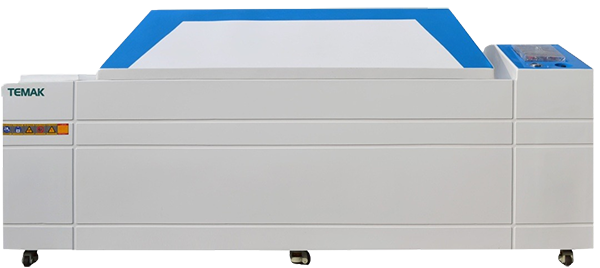B117 is widely used as a rapid method for evaluating coating and materials performance under highly corrosive marine conditions. ASTM B117 is commonly used for metals, plastics, woods, and coated materials of all kinds; ideally to compare two or more materials.
The ASTM B117 standard for operating a salt spray chamber, aka the “Salt Spray” or “Salt Fog” test, is a widely used corrosion test required by many companies and government agencies, including the US DoD and DoE. The purpose of salt fog testing is to collect corrosion resistance data from coated and non-coated alloys and also a wide variety of other materials including plastics.

How is the salt spray test performed?
The samples, which varies in size and shape, are exposed to a 5% salt fog or spray that is even distributed among the samples inside our B117 testing chamber. The sample chambers are checked twice daily for collection rates, water pH, and temperature throughout the test.
The salt fog testing conditions can vary depending on your requirements, but the most common are:
-35 degrees C
-pH of 6.5 to 7.2
-5 parts sodium chloride to 95 environment
-30 days of testing (720 hours)
What is the accuracy of the test and how will my results look?
The test results can be examined visually to measure the integrity of the alloy and or its coating. Comparisons of pre- and post-testing photos will be taken and if needed a comparison of a corroded sample from the field may also be used. Weight loss or gain are recorded before and after exposure to estimate the corrosion rate. Monitoring of pH and water collection is performed at the twice a day.


 Home
Home Product
Product Telephone
Telephone Message
Message